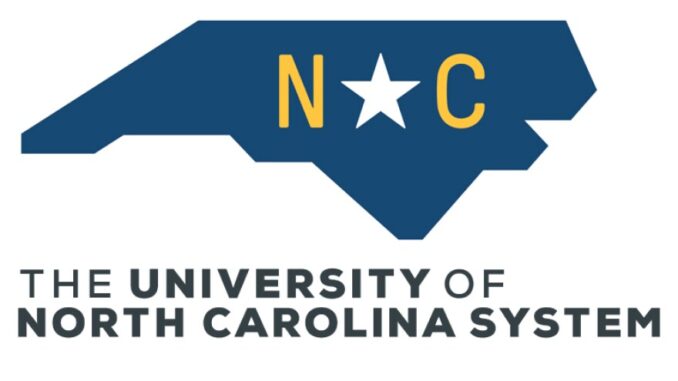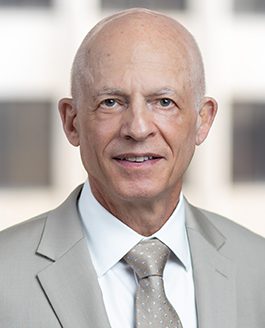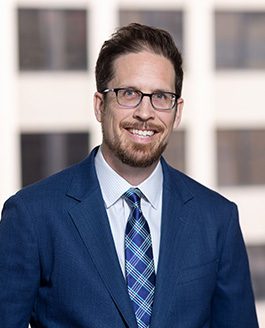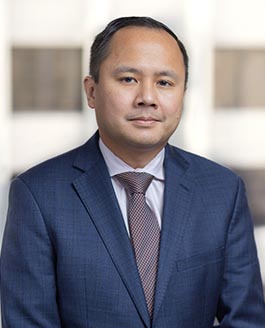
RALEIGH — Leaders from the American Council of Trustees and Alumni recently sat down with North State Journal to discuss issues facing higher education institutions in North Carolina.
American Council of Trustees and Alumni’s (ACTA) was formed in 1995 as a 501(c)3 organization with a mission of raising public awareness about the current state of higher education. ACTA does extensive surveys of thousands of colleges to determine climate, finance and policy issues of the day.
The group says it is “the only organization that works with alumni, donors, trustees, and education leaders across the United States” in supporting liberal arts education and high academic standards, as well as protecting the free exchange of ideas on campuses.
On its website, ACTA boasts it has a network of supporters and educators, including more than 23,000 trustees nationwide coupled with 1,200 college and university system presidents.
ACTA President Michael B. Poliakoff, Vice President of Trustee and Government Affairs Armand Alacbay, and Paul and Karen Levy Fellow in Campus Freedom Steven McGuire offered insights on topics ranging from the new UNC School of Civil Life and Leadership (SCiLL) to diversity, equity and inclusion (DEI), as well as institutional neutrality and how ACTA aids boards governing universities to navigate the pressing issues facing them.

“I am euphoric about this development,” said Poliakoff about the formation of SCiLL, noting other states with similar programs such as Tennessee and Texas.
“These are initiatives to focus on something that has been missing in higher education, which is a keen focus on the nature of American citizenship. That’s unique,” Poliakoff said. “What I particularly like about SCiLL is its explicit commitment to intellectual diversity, which is the lifeblood of higher education and one of the most valuable aspects of the American experience.”
McGuire called SCiLL “an excellent contribution to the future of the university” and said he was looking forward to how it will “contribute to building an even stronger culture of freedom of expression and intellectual diversity on the campus.”
McGuire noted surveys have revealed college students often self-censor while others exhibit intolerance toward differing ideas, sometimes resorting to unacceptable actions to stifle speech they don’t like. He added that a program like SCiLL will provide the skills in history, government and civic discourse “that can only be good for the University of North Carolina as well as for the state and for the country.”
When asked if programs like SCiLL might be of help if introduced prior to college entry at the K-12 level, Poliakoff remarked that “Higher education trains teachers.”
“And if teachers are not imbued with a belief and commitment to the value of free discourse, then they will carry that over into their own classrooms. I believe it will be one of SCiLL’s contributions to offer professional development for teachers.”
Poliakoff added that professional development was a part of the programs similar to SCiLL happening in Tennessee and Arizona, which he said is “vital.”
“One thing that I think we need to keep in mind is that all of these new institutes, schools, centers, whatever we’re calling them, start with a basic assumption that there is something very special and very important about American ideals and the promise of American life,” said Poliakoff. “We are unfortunately in an age when the very word patriotism is, in many circles in higher education, considered something that’s off limits.”
Alacbay said he thinks SCiLL is “part of a longer trend” that ACTA has been seeing in other states.
“This is the beginning of a movement,” said Alacbay. “I think that SCiLL just reflects another inflection point where you see that movement gathering even more momentum.”
ACTA held a retreat for the UNC System’s board of trustees in late 2022. Poliakoff characterized the trustees as “extraordinary” and “highly receptive” to the idea of a program like SCiLL. He went on to say that criticism of SCiLL was confusing to him.
“Why do they think that devoting a relatively small amount of the curriculum to understanding the foundation of America — its pivotal moments, its founding documents — is something that should be shunned as hostile or out of place in the university?” Poliakoff asked. “Or indeed an intrusion on academic freedom?
“To the contrary, within the REACH Act is plenty of room for the creativity of all the people who would teach it. So that really is a symptom of an institution that doesn’t understand the urgency of the civic disempowerment that takes place when college students don’t understand the American story.”
The REACH Act was a bill filed during the 2023-24 long session of the North Carolina General Assembly. The bill would have required students to earn at least three credit hours in American history or American government in order to graduate from a UNC System school.
Coursework would have included various founding documents like the U.S. Constitution, the Declaration of Independence, the Emancipation Proclamation, the North Carolina Constitution and Dr. Martin Luther King Jr.’s “Letter from the Birmingham Jail.”
The REACH Act never made it to final passage, stalling out in the Senate Rules and Government Operations Committee.

The topic DEI drew a lengthy opinion from McGuire.
“I’d say a couple of things; first, I don’t think there should be objections to universities being places that are welcoming to everybody,” said McGuire. “So, you see this word diversity and yeah — people from all diverse backgrounds, perspectives, traditions — they should all be welcome on a university campus and especially on American public university campuses, they should be open to all Americans.”
McGuire offered the same thoughts on inclusion but said the trouble begins in how those words are interpreted.
“The one in the middle, equity, I think is arguably more difficult because it’s a concept that is purposely distinguished from equality,” said McGuire. “And I think there’s a lot of people who would argue that the treatment of various individuals on American campuses, like in many areas of life, should be one based on equality.”
McGuire also questioned what DEI really means, wondering what it means to be included or to be diverse.
“Does it mean you need to be free of ever hearing an argument or an idea that you find harmful or even offensive in order to feel included?” asked McGuire. “Or can you feel like you belong in a community that’s devoted to exploring ideas, and there will be people who may have different ideas than you that that you don’t like, or that maybe you even find deeply offensive, and it’s still clear that you’re welcome to be a member of that community. The sort of common interpretation by many who advanced the DEI on our campuses is the former.”
McGuire pointed to problematic issues with DEI practices on campuses such as mandatory diversity statements used in hiring, which surveys have shown faculty see as a way to screen out applicants holding differing views.
Referring to a survey of faculty conducted a few years ago showing 50% of faculty nationally regard the use of diversity statements as “ideological litmus tests,” McGuire noted that when the responses were broken down by those identifying as liberal and conservative faculty, 90% of the conservative faculty agreed the statements were ideological litmus tests.
“So that’s a large chunk of people in the Academy who feel like these are being used to screen faculty, you know, to only let in people who hold certain views,” said McGuire.
Another example given by McQuire was the lack of challenging of perspectives or even a lack of perspective diversity.
“For instance, I believe there were 34 student groups at Harvard who issued a statement immediately after Oct. 7, essentially blaming Israel for being attacked by Hamas,” McGuire said. “The fact that they were able to pull that together and put something like that out so quickly, to me, suggests that they are routinely accustomed to not seeing opposition to these ideas on their campuses, and I think that’s a real problem.”
The UNC System has been cited as having an extensive DEI office infrastructure and related staff costing millions of dollars each year. In an August 2022 report published by the James G. Martin Center, UNC Chapel Hill had the largest number of staff with 36 and was spending nearly $3.4 million alone just on DEI administrator salaries.
At its upcoming May 6 meeting, the UNC Board of Governors (BOG) may take a look at the DEI office costs with the possibility of ending DEI policies as well as DEI offices and redistributing those funds to other areas.
The idea of dismantling the DEI operations within the UNC System was first brought up at UNC Board of Trustees (BOT) meeting on March 27. During that meeting, Trustee Jim Blaine said DEI is “an elephant in the room” and that either the UNC BOG or the General Assembly will “follow Florida’s path” of dismantling DEI bureaucracies on college campuses.
The BOG’s possible action on DEI also follows an April 17 meeting by the UNC BOG Committee on Governance during which the body unanimously voted to repeal its diversity, equity and inclusion policies for the entire UNC System.

The North Carolina General Assembly may take up the topic of DEI during its current short session. When asked what advice ACTA might have for lawmakers attempting to tackle the issue, Alacbay said there were many layers to what DEI really means and needing to weed out and keep legitimate areas like those dealing with the Americans with Disabilities Act (ADA) compliance.
“The ideas of diversity and inclusion are in the abstract … are things I think most people agree on,” Alacbay said. “The problem is getting at what happens in practice in these offices. And what that is is enforcing ideological orthodoxy which is completely anathema to the mission of an institution of higher education.
“I think that legislators should empower the institutional governing boards to make the hard decisions; they have the closer campus knowledge and will be able to navigate some of those definitional questions more nimbly than something that is done by statute.”



